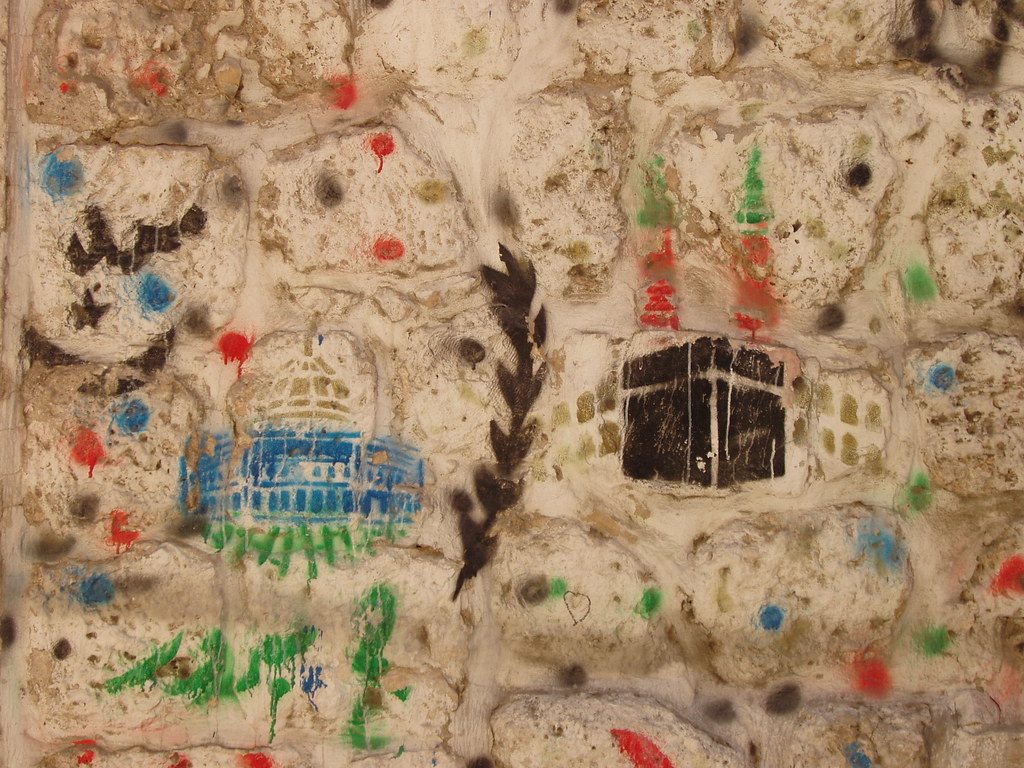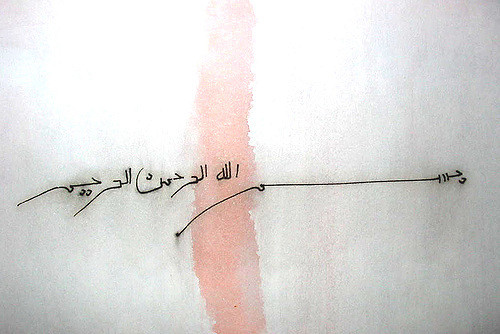The Institute for Social Policy and Understanding (ISPU) recently released “Muslims at the Crossroads,” the report on its 2017 American Muslim Poll. Many of us have found ourselves increasingly worried about sending our children to school, wearing hijab in public, travelling across borders, and generally, being Muslim in America since election season began in 2015. The ISPU report both affirms that our worries are shared by a great many other American Muslims and confirms that they are based on a quantifiable increase in our experiences of bullying, harassment and discrimination.
The report does something that many of our mosques and civic institutions fail to do. It makes space for the experiences of all of the members of Muslim America and describes us, in all of our diversity, to ourselves. It underscores, in the age of Islamophobia, the importance of building institutions that represent, and provide sanctuary for, all of the members of our community, across age, race, gender, and sexual orientation.
The numbers are stunning: 42% of American Muslim parents with children in K-12 schools report that their children have experienced bullying and harassment relating to their religious identities. Perhaps even more worrying is that in one quarter of these cases, the perpetrator was a teacher.
While anti-Muslim bigots often cite women’s rights as a motivation for their views, it turns out that Muslim women are, as a group, disproportionately harmed by the rise in American Islamophobia. Nearly 20% of American Muslim women say that their levels of stress and anxiety, driven by the 2016 election, are such that they believe that they need the help of a mental health professional (compared with 10% among American Muslim men). Muslim women, are, in fact, more likely to have reported experiencing religious discrimination in the past year than Muslim men (68% vs. 55% for Muslim men). In response, however, Muslim women are no more likely to change their appearance to be less identifiable than Muslim men, and Muslim women have increased donations to faith-based organizations at rates that exceed those of Muslim men.
Our community as a whole is struggling against unprecedented suspicion and harassment from our own government and its representatives. Muslims, for example, are more than twice as likely than other large American faith communities to be targeted for extra screening at U.S. borders.
ISPU’s poll gives us critical information about what our community is experiencing and how we are reacting to those experiences. It also provides a snapshot of just who Muslim Americans are. This valuable information suggests that we will not be able to meet the challenges that we face unless we first change how our communities function.
Muslim Americans, it turns out, are the only faith group without a clear racial majority. We are 25% Black, 24% White, 18% Asian, 18% Arab, 7% mixed race and 5% Latino. We identify as LGBT at about the same rate (10%) as any other faith community. And we care about our communities. We volunteer at the same rates as other faith groups; we are the most likely faith group to support Black Lives Matter; we are about as likely to support domestic poverty relief efforts as overseas relief efforts.
But this diversity, and our general commitment to the social good, is not adequately reflected in the leadership and programming of American mosques and civic organizations.
Our children are walking into hostile school environments every day, sometimes targeted by their own teachers. However, our “Sunday School” programming does not generally provide children with the social and emotional tools to address these issues. We are not creating curriculums that focus on contemporary issues, let alone conflict resolution or self defense. Absent specific programming, we also frequently fail to make our mosques places where children and youth are welcome and engaged.
Muslim women are often the most visible and therefore vulnerable members of our communities. They refuse to conform to stereotypes, instead leading efforts to educate, donate, and protest Islamophobia. Still, they are regularly denied access to or left out of leadership in our mosques and civic organizations.
Similarly, our LGBT brothers and sisters continue to be erased from our communities at alarming rates. Not only are they denied visibility and leadership in our mosques, but also in most Muslim civic organizations. Instead of addressing our unwillingness to accept the LGBT members of our faith community, many quietly avoid this minority within a minority, and make specious arguments about how “who they are” or “what they do” disqualifies them from being fully Muslim.
We continue to worship in mosques that are highly racially segregated. Descriptions of mosques begin with sect and end with ethnicity. And we rarely cross those color lines, although civic organizations like CAIR are beginning to show us the way forward.
Perhaps it is time that American Muslims come to know one another across our differences, and take up the opportunity to become a unified community. We have an opportunity to stretch the boundaries of our comfortable, but unconscionable, habits to truly become one ummah in the face of adversity. Perhaps our part in creating an inclusive America is building inclusive American Muslim communities; perhaps we must ourselves model the pluralism we imagine for America.
Sofia Ali-Khan is a Muslim American public interest lawyer and writer. Her recently viral post, “Dear Non-Muslim Allies,” and other writings can be found at sofiaalikhan.com.



